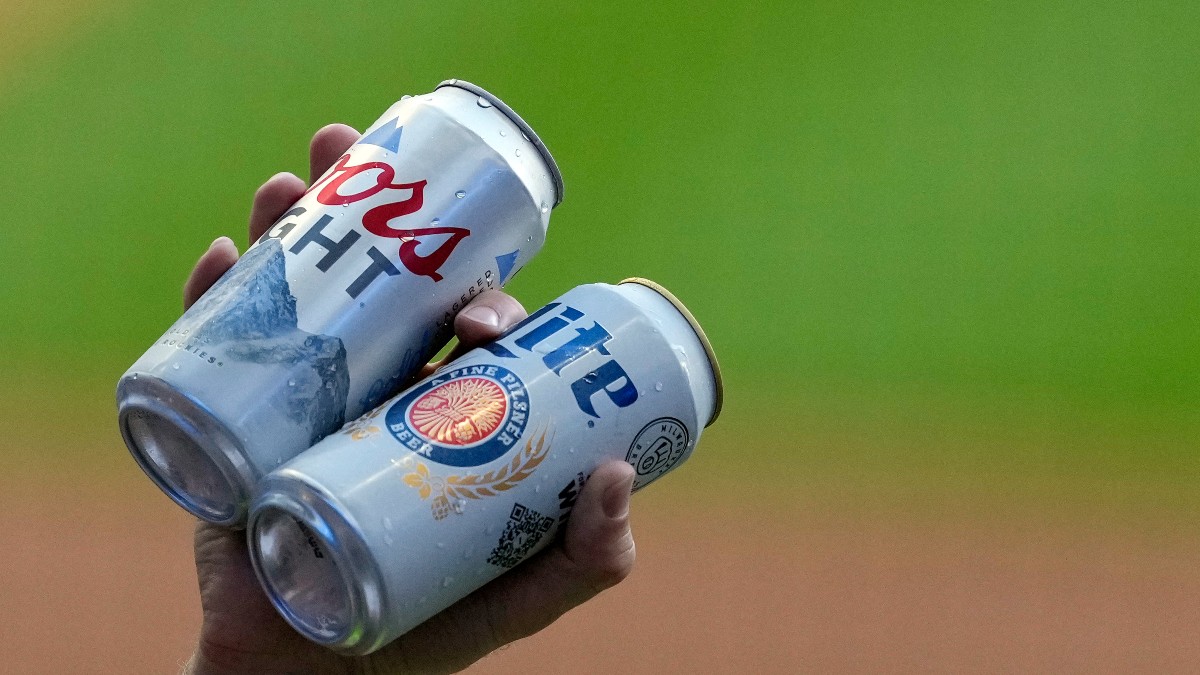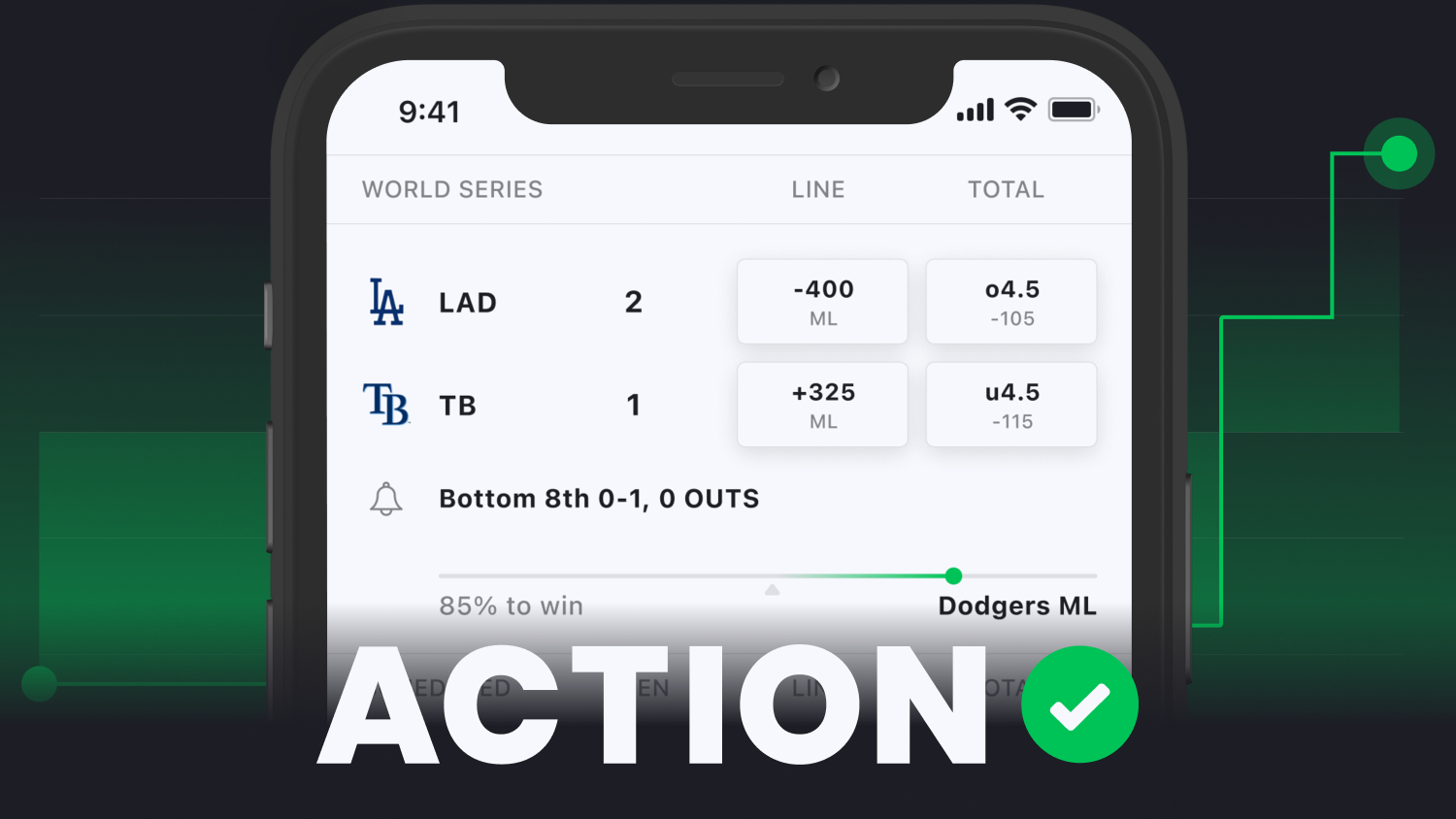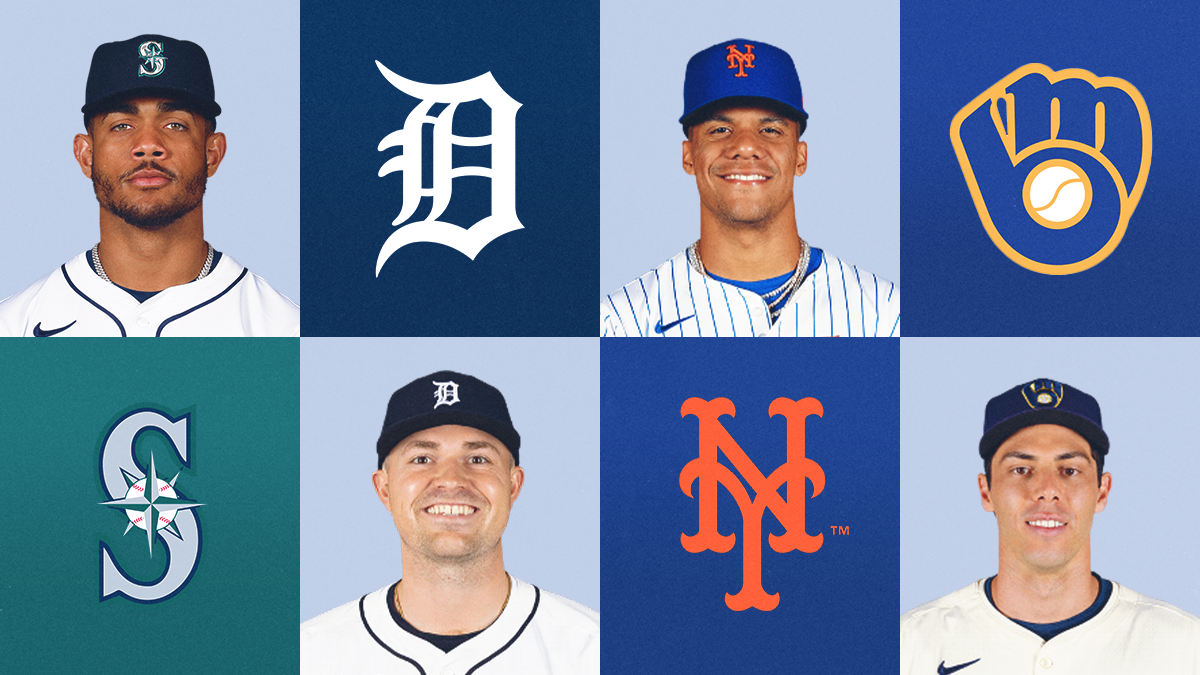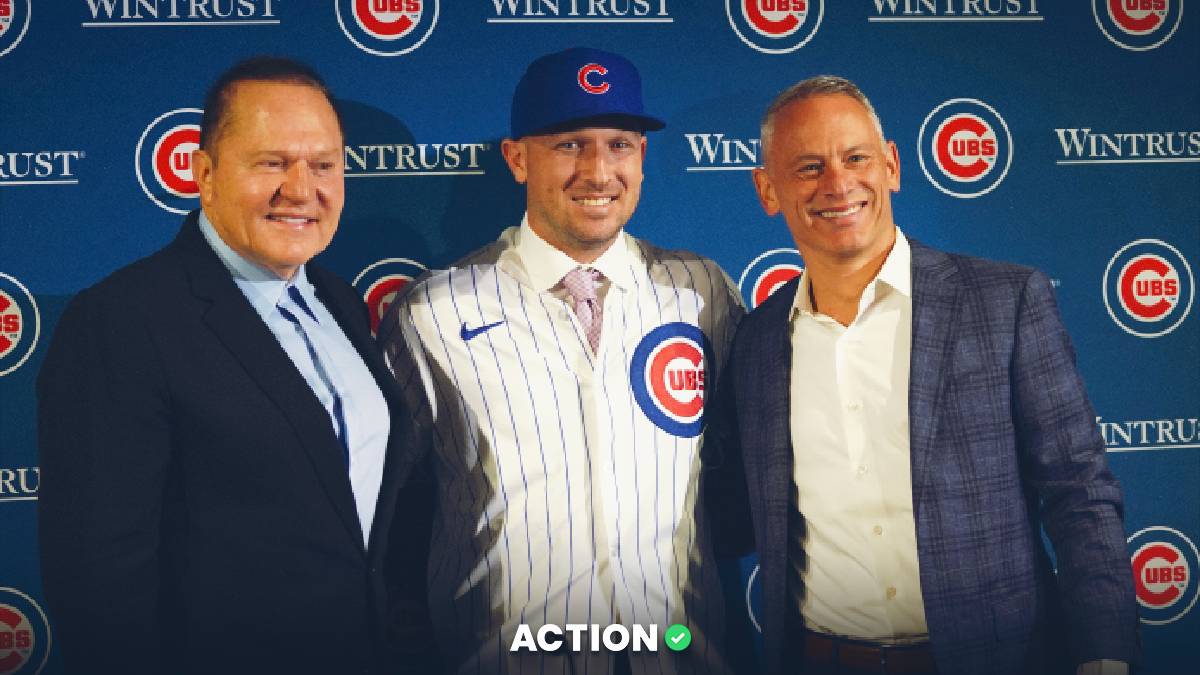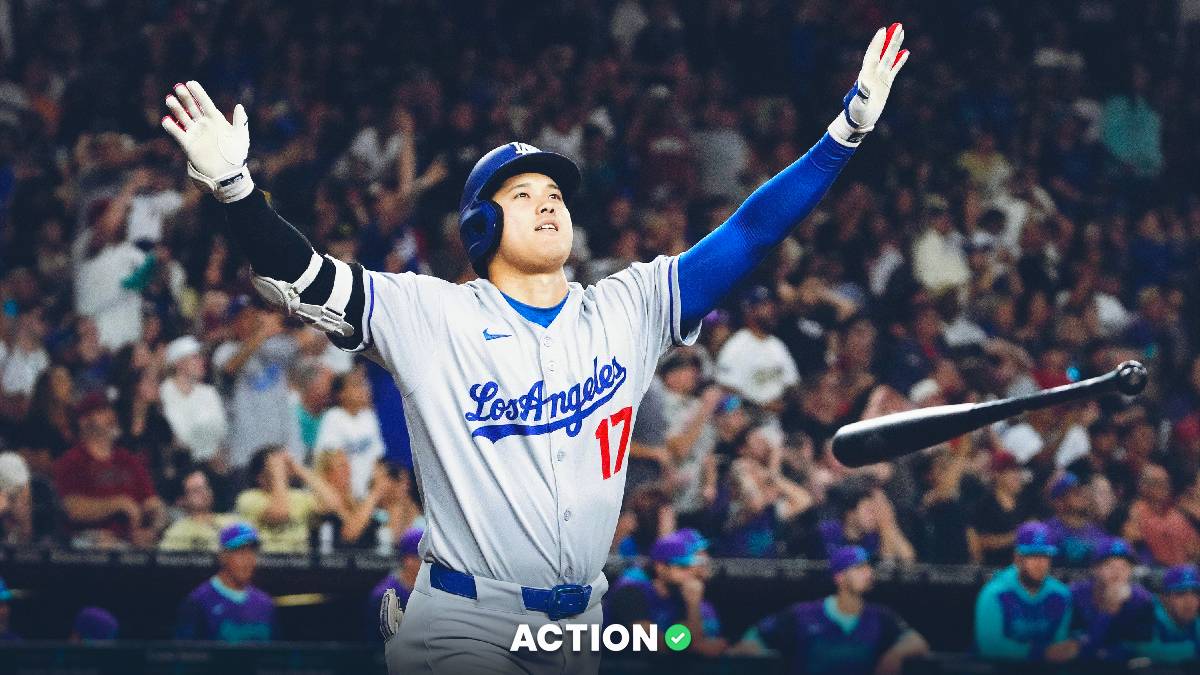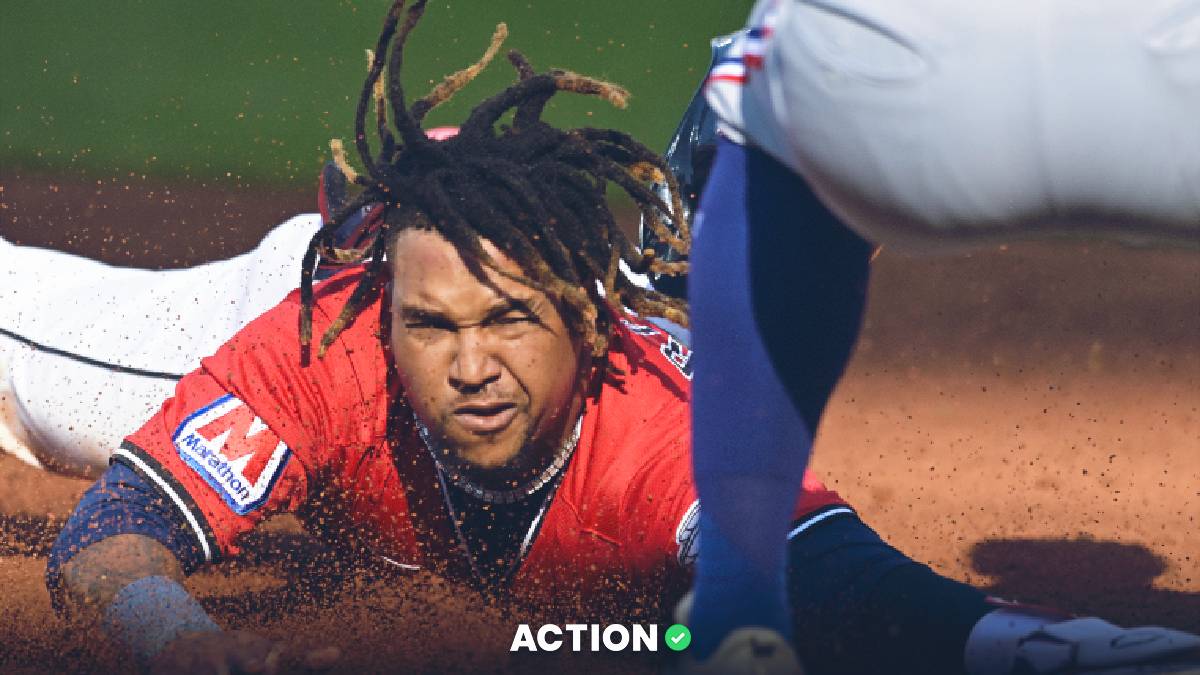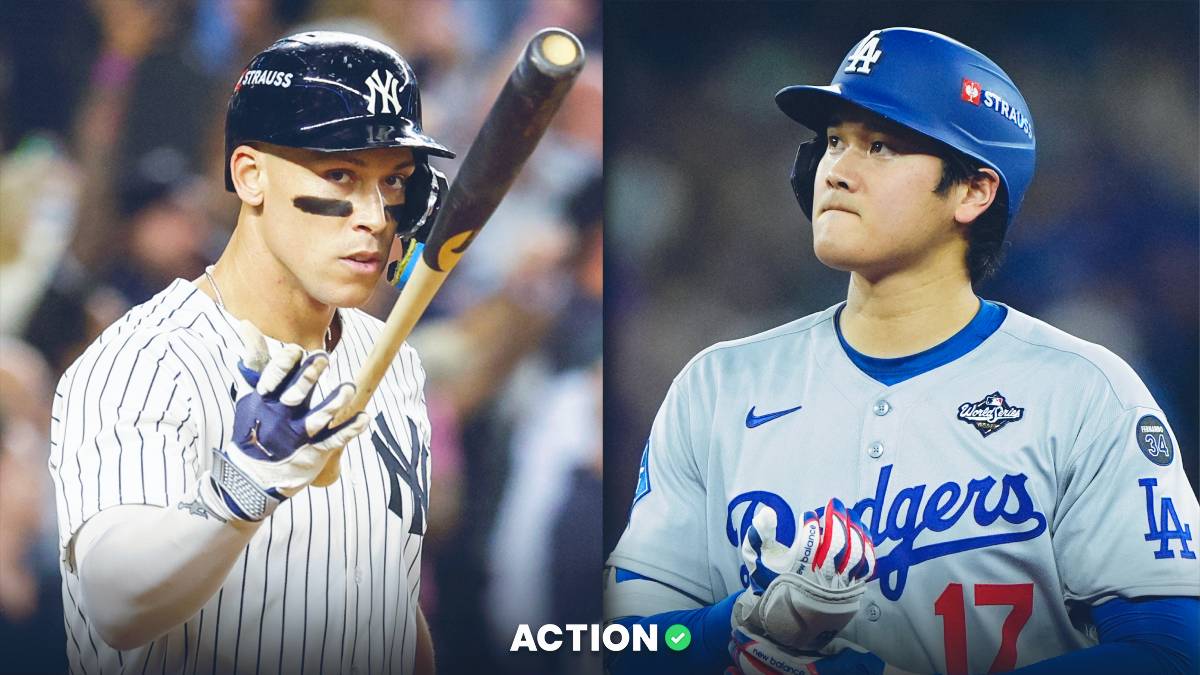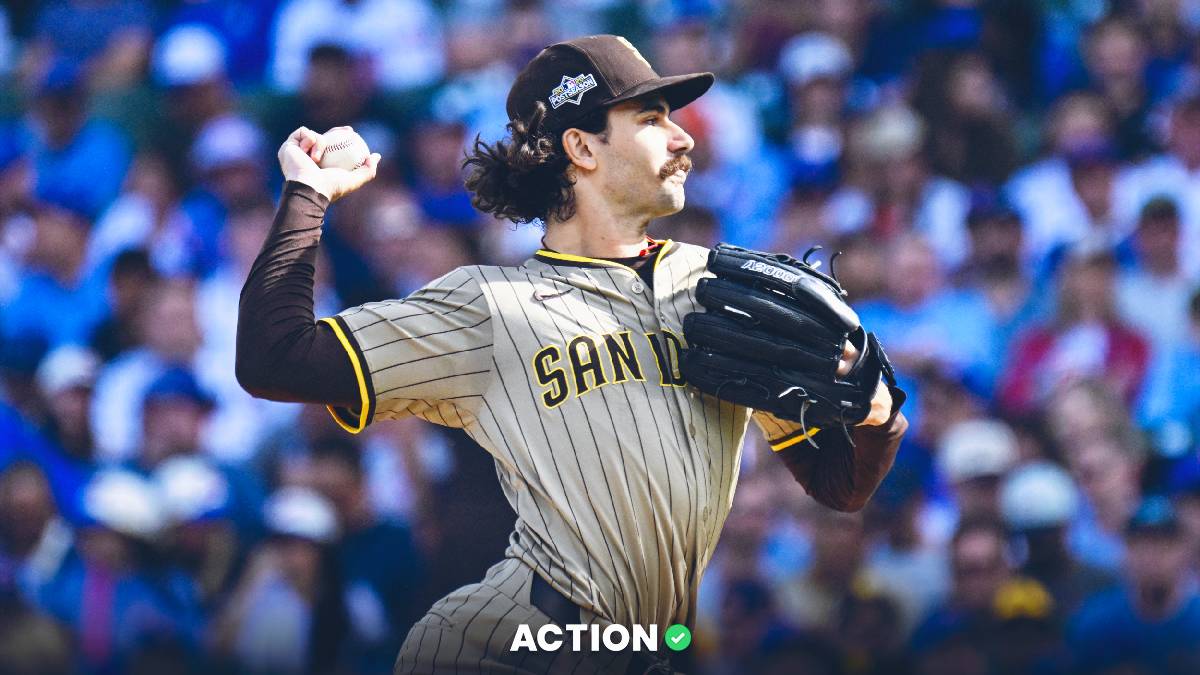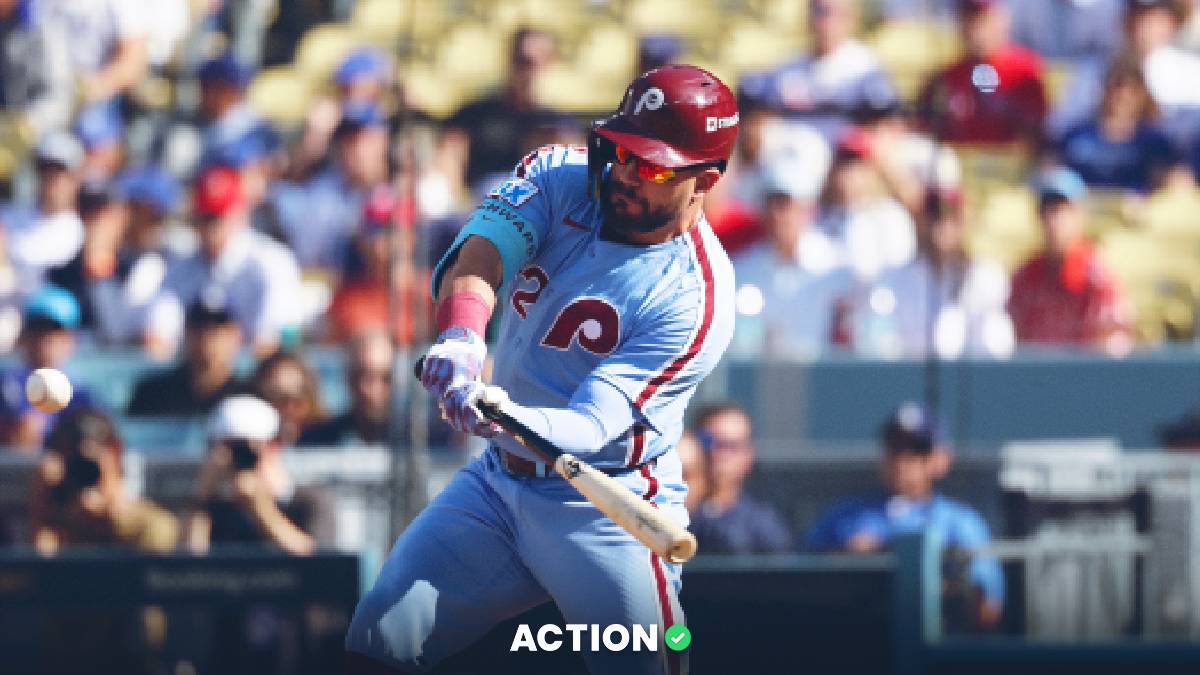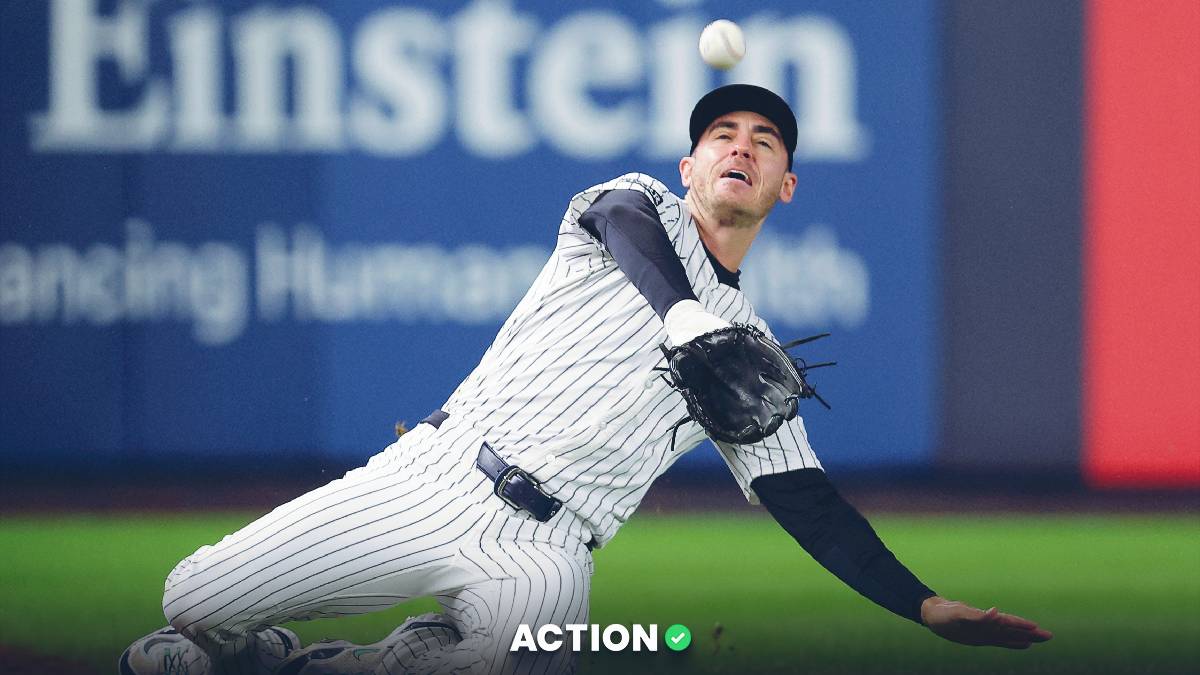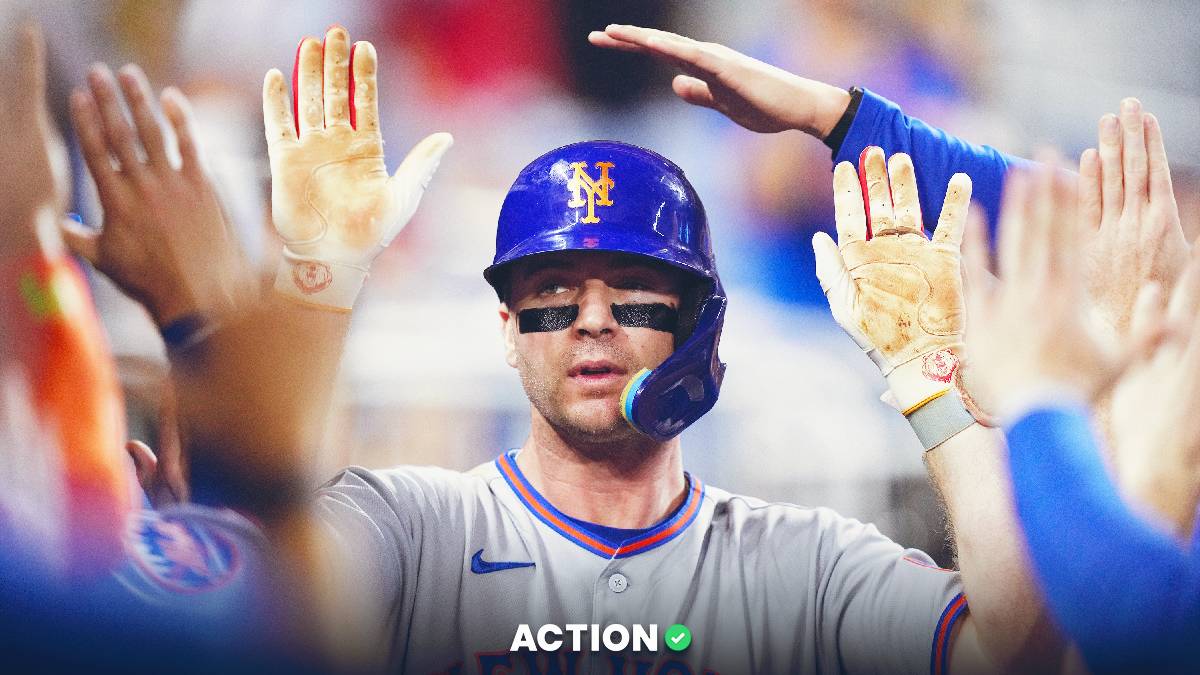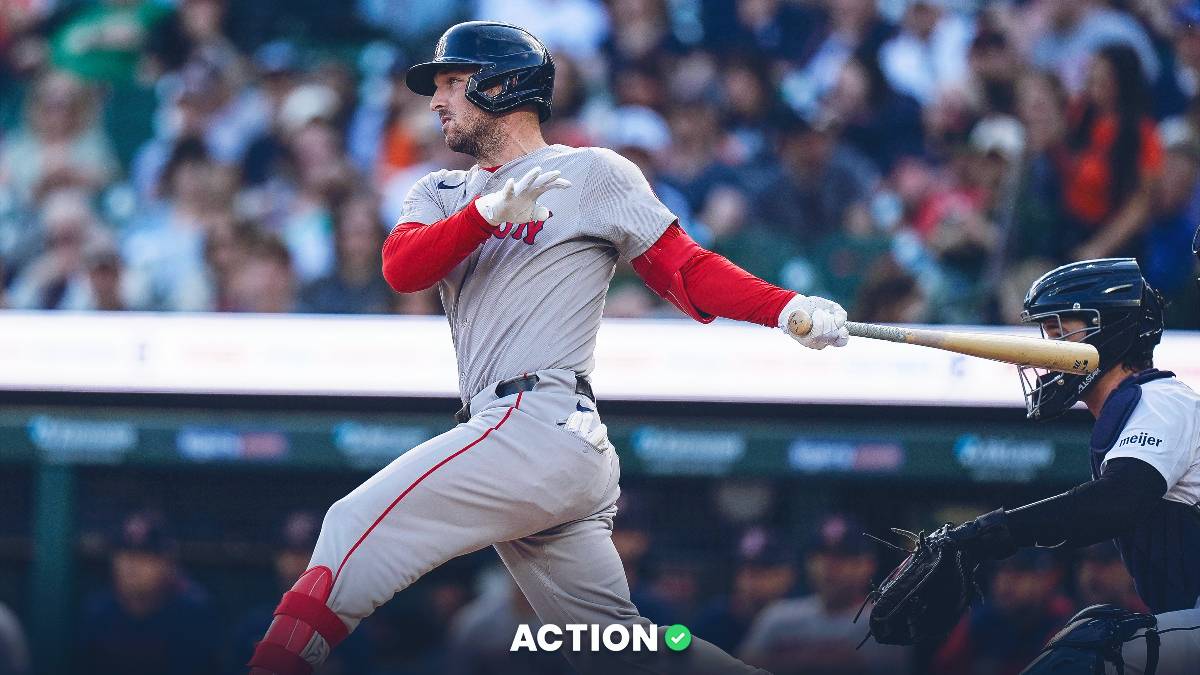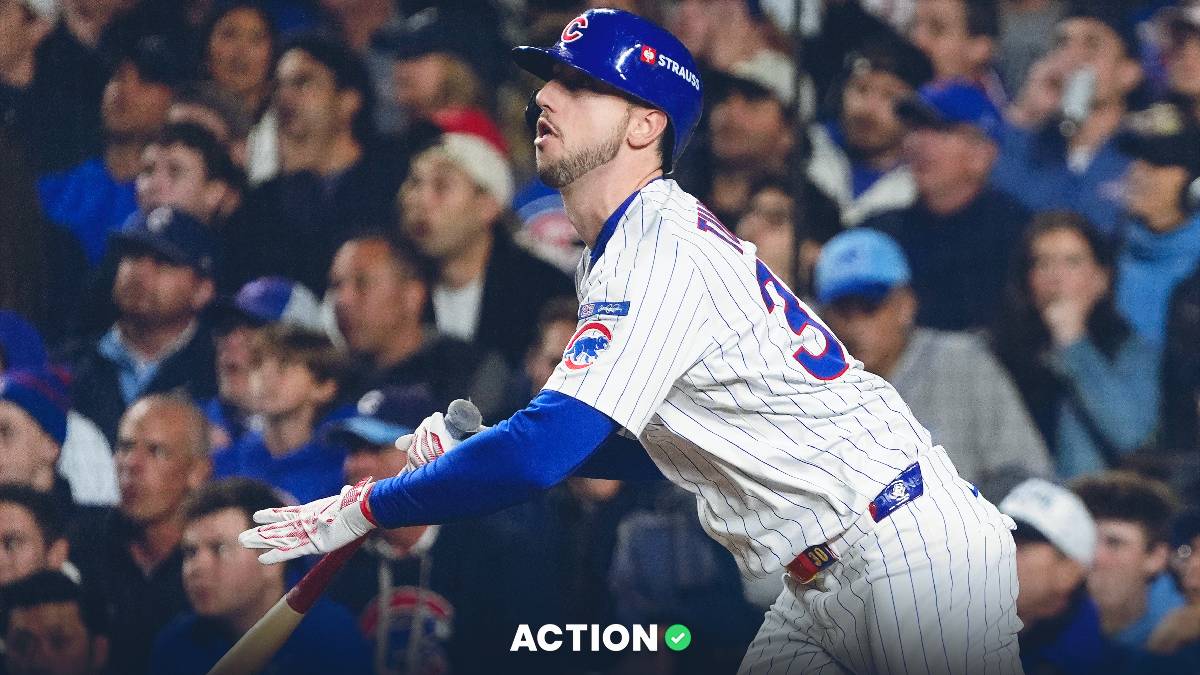Major League Baseball’s newly implemented pitch clock has, so far, resulted in games being 17% shorter. As a result, some teams some teams have acted swiftly about beer and concession sales.
At least four teams — the Diamondbacks, Twins, Brewers and Rangers — have reacted to game shortages by extending beer sales into the eighth inning rather than stopping in the seventh, which had been standard across MLB entering 2023.
In the early 1980s, virtually every team sold beer for the complete game, but concern over drunk driving and assaults left many teams no choice but to halt suds sales early.
By 1985, only eight MLB teams — the Astros, Phillies, Pirates, Padres, Angels, Cardinals, Twins and Expos — had no time restrictions on selling beer. In fact, the Expos would serve beer until an hour after the game, a policy still employed by most European soccer teams.
Six years later, almost all of those baseball teams had compromised. Gone was the 32-ouncer deep into the ninth inning. And even beer giants were forced to acquiesce.
In 1991, Anheuser-Busch — the largest beer producer in the United States — owned the St. Louis Cardinals. It's no surprise that the Cardinals were the last team to enact policy changes, becoming the final MLB team to cut off beer sales after the seventh.
In a stroke of irony, there was a time that the Milwaukee Brewers, playing in Miller Park, were among the most progressive of teams, cutting off suds after the sixth.
But now the Brewers have flipped, allowing beer through the eighth inning. Rick Schlesinger, the team’s head of business operations, told reporters that the team would monitor their new policy change and adjust it if safety becomes a larger issue.
Three years ago, two University of Pennsylvania law professors studied the relationship between beer cutoffs at baseball stadiums and crime in a study titled, “Sobering Up After The Seventh Inning: Alcohol and Crime Around The Ballpark.” The professors, Jonathan Klick and John McDonald, found there was a direct correlation between how many pitches were thrown after the beer cutoff and the number of postgame assaults committed.
“We estimate that each pitch thrown after the 7th inning reduces assaults by almost 0.004,” the professors wrote in the paper. “Given that, on average, there are 68 pitches thrown after the alcohol policy goes into effect, this implies a reduction in assaults of about 0.25, which is a proportionate reduction of almost one half.”
Now compare that to the last home game in which the Brewers served beer to the eighth inning, a 6-1 win over the Cardinals on April 9. The number of pitches from last beer sale to the end of the game? 14. That would imply a reduction in assaults of only 10%, as opposed to 50%.
The UPenn professors estimated the societal victory of cutting off beer sales — and reducing assaults — was worth up to $26,750 per game.
But concessionaires have claimed they've become better about refusing service to inebriated fans.
“We’ve gotten a lot more sophisticated in identifying overserved fans,” said Jamie Obletz, president of Delaware North Sportservice, which counts the Brewers as one of its teams.
Safety is the No. 1 priority over revenue, said Sandeep Satish, head of technology, strategy and analytics at Levy Restaurants, which manages concessions for MLB teams, including the Diamondbacks.
Satish said although the sample size is small, the sped up game seems to be making people have a larger order size (there’s more to miss by making multiple trips at concessions) and ordering more between the seventh and ninth innings (because fans are staying longer).
And although games in their stadiums are 19% shorter, Satish said he’s not sure spend will be down in the long run. His counterpart Obletz concurs, saying that those who assume there’s less alcohol sales because there is less time don't fully comprehend how the footprint of the stadium has substantively changed.
“We can get someone in and out with a beer in their hand, with an ID check, in a minute with our marketplaces and walk in coolers,” Obletz said. “This isn’t fans waiting around 20 minutes to buy a beer.”
Concessionaires say they will continue to monitor how things may change as crowds get heavier in the summer months, but even if sales go down on a per person basis because of the speed of the game, teams won't 100% guarantee they'll extend beer cutoffs.
“The pitch clock is a long term investment in the sport that is meant to build, attract and retain fans," Obletz said. "In the long run, it will pay dividends everywhere.”


